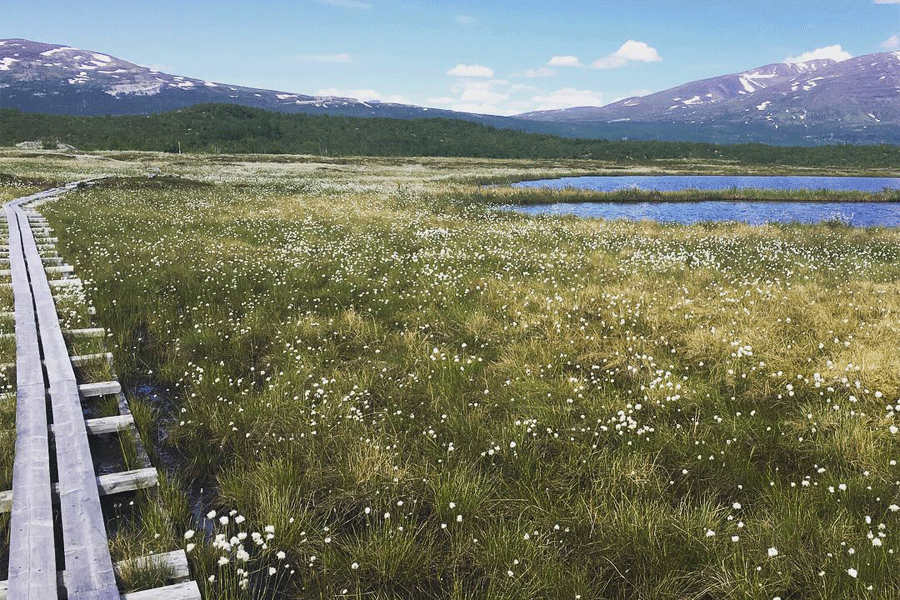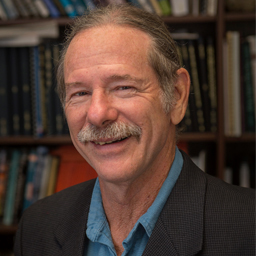
Florida State University is one of 14 universities from around the globe that have collectively been awarded $12.5 million from the National Science Foundation (NSF) to launch a new Biology Integration Institute (BII), called EMERGE, which will focus on better understanding ecosystem and climate interactions — like the thawing of the Arctic permafrost — and how they can alter everything from the landscape to greenhouse gases.

EMERGE, which stands for “EMergent Ecosystem Response to ChanGE,” is an ambitious five-year project that will pioneer a new “genes-to-ecosystems-to-genes” (G2E2G) framework for understanding the connections between small-scale microbes and large-scale ecosystem changes, and vice versa. The goal is to discover how the processes that sustain life and enable biological innovation operate and interact within and across different scales of organization, from molecules to cells, species and ecosystems, under dynamically changing conditions. The result will be a framework to enable predictive modeling of ecosystem response to change.
“Predicting how specific environments on the earth will respond to climate change is a critical societal need,” said Jeff Chanton, a professor in the Department of Earth, Ocean and Atmospheric Science and co-principal investigator for EMERGE. “We have assembled a large international, interdisciplinary team to tackle the critical questions that face humankind today. For example, we are investigating the interaction of carbon dioxide exchange with thawing permafrost and the release of the potent greenhouse gas methane, which could result in the acceleration of climate change.”
The project will be led by Virginia Rich, associate professor of microbiology at Ohio State University, and co-directed by Ruth Varner, University of New Hampshire professor of biogeochemistry. The work brings together a team of 33 scientists with expertise inside and outside of biology, in fields such as ecology and evolution, organismal biology, the science of team science and modeling and computational science.
“Ecosystems respond to changing conditions, like a new agricultural practice, or changing rainfall patterns, in a way that is greater than the sum of the responses of individual parts,” Rich said. “To address this challenge head-on, our EMERGE Biology Integration Institute pulls cutting-edge ideas and methods from across biology and beyond into a unified vision for seeing what each of us, alone, cannot — piecing back together the forest from the trees, if you will. It is incredibly exciting.”
EMERGE will focus on five research activities centered around how microbes respond to a changing climate — physiologically as individual organisms, through their interactions as a collective or community, and how these evolve through time.
The research will be done in Stordalen Mire, a long-studied peatland in northern Sweden where permafrost thaw drives changes in the landscape, plants, geochemistry and microbes. The driving question is how much the thawing of these kinds of permafrost systems will increase emissions of the greenhouse gas methane, thereby accelerating climate change.
The institute, which will launch in September, will also have a strong training, education and outreach component and will involve biologists and chemists at the postdoctoral, graduate and undergraduate levels.
Participating universities include the University of Arizona, Florida State University, Colorado State University at Fort Collins, Case Western Reserve University, University of California at Berkeley, University of New Hampshire, Ohio State University, Rochester Institute of Technology, Berkeley Labs, and Joint Genome Institute, all in the United States; Lund University, Umeå University and Stockholm University, all in Sweden; and Queensland University of Technology in Australia.




